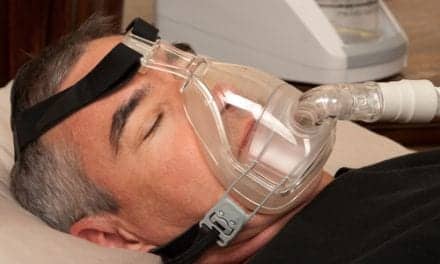ProSomnus Inc, maker of oral appliances to treat obstructive sleep apnea (OSA), announced second-quarter business highlights, showcasing progress for its precision oral appliances.
During the quarter, ProSomnus presented updated, preliminary data from the Front Line Obstructive Sleep Apnea Treatment study (FLOSAT), a head-to-head study versus CPAP for moderate and severe OSA, at three sleep industry conferences demonstrating ProSomnus precision devices as efficacious and patient-preferred. The timeline for the initial data readout from the Severe Obstructive Sleep Apnea Study (SOS) in the first half of 2024 remains on track.
The company also completed the development of the next-generation precision OAT featuring embedded remote patient monitoring capabilities, with first commercial use expected in the fourth quarter of this year.
“The rapidly increasing demand for our precision devices, buttressed by new clinical data supporting the effectiveness of our precision therapy, represents meaningful progress towards achieving our vision of making ProSomnus devices the leading treatment for OSA,” says Len Liptak, CEO of ProSomnus, in a release. “Data presented by KOLs at scientific conferences further associated ProSomnus devices with effective, safe, and patient-preferred treatment.
Year-to-date through June 30, revenues increased 48% to $12.7 million from $8.6 million for the same period during the prior year. Revenue growth and the underlying growth in deliveries of the company’s products reflect the growing clinical adoption of ProSomnus’ precision devices in both the United States and Europe, according to a release from Prosomnus.
“I am proud of our revenue growth which significantly exceeded expectations, and which we believe reflects the investments we have made toward our strategic growth plans. During the second quarter our team executed against these key initiatives including the expansion of our direct sales team, the development of our next-generation sensor device, and the fielding of our severe OSA study and related severe OSA FDA label expansion,” says Liptak in the release.




